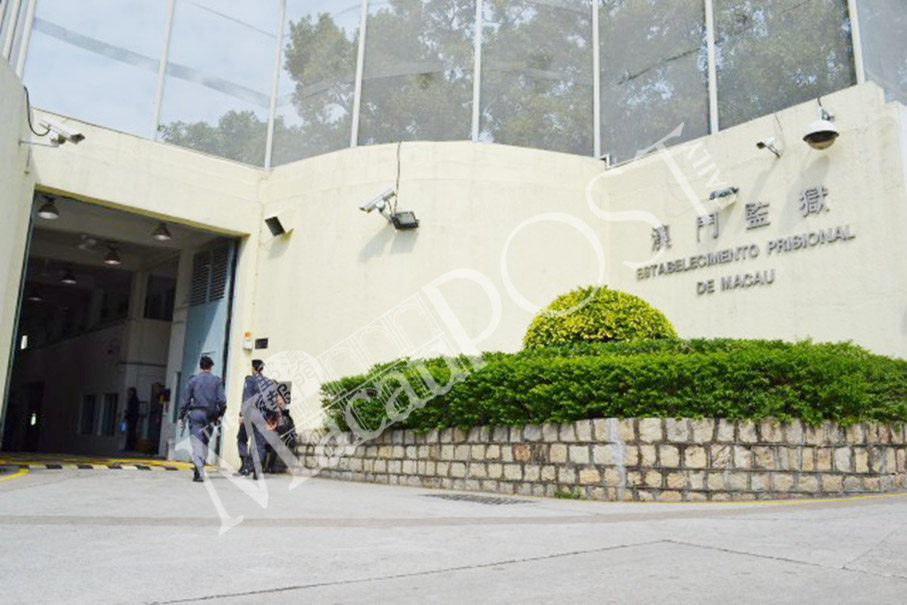The Legislative Assembly passed an outline of a bill that proposes to allow local residents to use an e-ID certificate on the government’s Macao One Account app when using certain public services, which will be officially accepted as a certificate confirming the card holder’s identity, and is expected to be used first for crossing Macau’s border checkpoints and in medical e-vouchers in the middle of this year, Secretary for Administration and Justice André Cheong Weng Chon said yesterday.
Cheong made the announcement during a plenary session yesterday in the legislature’s hemicycle for the bill’s outline to be passed, after which it will be passed to one of the AL’s standing committees for its article-by-article debate and review.
The bill proposes to amend Macau’s current law regulating the government’s issuing of ID cards, which was enacted in 2002.
Cheong noted that the bill aims to strengthen local ID cards’ cryptographic techniques and anti-counterfeiting technologies and adapt to the development of e-government, as the current generation of Macau ID cards has been in use for about 10 years.
The Identification Services Bureau (IDS) started to issue the current generation of smart ID cards in 2013.
Macau ID card holders will be able to generate their e-ID certificates on the Macao One Account app through facial recognition, and with the use of e-ID certificates, government entities will be able to scan the cards to verify one’s identification, which Choeng described as “more reliable” than presenting a physical ID card.
Cheong said that the new generation of smart ID cards is not very different to the current one, but secondary information such as height, date of first issue and place of birth code will be removed from the ID card so that there is less information shown on the card. Also, for practical reasons, the name of the cardholder's spouse will be added to the ID card chip.
Several lawmakers pointed out that some mainland authorities had requested the Macau ID holders’ date of first issue when filling in forms, and Choeng said that there was no longer a requirement to fill in the first issue date when filling in local government entities’ forms, but the government would communicate with the respective mainland autorities if this was still required there.
The bill proposes to remove the requirement to include non-identity data in the ID card chip such as student card information, Cheong said, pointing out that such information can be added to the “Macao One Account” app in the future as smartphones become ever more popular.
Cheong pointed out that residents can change their current ID card to a new generation ID card by the end of this year, but stressed that the e-ID certificate cannot replace the physical ID card.
However, he did not rule out the future implementation of e-ID cards, in the hope that with the further development of technology and the change in residents' habits when using ID cards, there will be no need for a physical ID card replacement in the next decade.
In terms of ID card replacement arrangements, Choeng said that the peak period for ID card replacement would be from 2024 to 2026, during which an estimated 400,000 people would need to get new ID cards. Therefore, he reminded residents that the ID card can be replaced six months before its expiry date.
Cheong added that the new generation of ID cards can be issued to the parents of babies requiring ID cards for the first time, as well as for those who have lost or damaged their current ID cards.
According to Choeng, the budget for the new ID card e-system is estimated to be 64 million patacas, while the budget for the new generation of physical smart ID cards will be 91 million patacas.

Secretary for Administration and Justice André Cheong Weng Chon addresses yesterday’s plenary session in the legislature’s hemicycle.
– Photo courtesy of TDM







